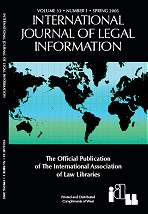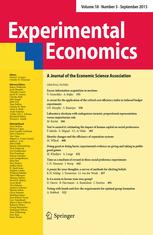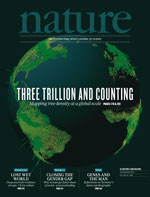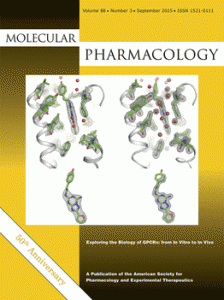 A 2015 paper on how proteins work to reduce inflammation in cow cells has been retracted by the authors “because of inappropriate statistical analysis and inability to reproduce some of the results.”
A 2015 paper on how proteins work to reduce inflammation in cow cells has been retracted by the authors “because of inappropriate statistical analysis and inability to reproduce some of the results.”
The journal Inflammation posted the retraction in August, just six months after it was published in February. It has only been cited once, according to Thomson Scientific’s Web of Knowledge.
Here’s the full retraction notice:
Continue reading “Inability to reproduce” retracts inflammation paper

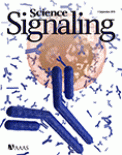 A paper containing data fudged by former University of California San Francisco grad student Peter Littlefield has been corrected. We knew that this was coming — last month,
A paper containing data fudged by former University of California San Francisco grad student Peter Littlefield has been corrected. We knew that this was coming — last month, 
